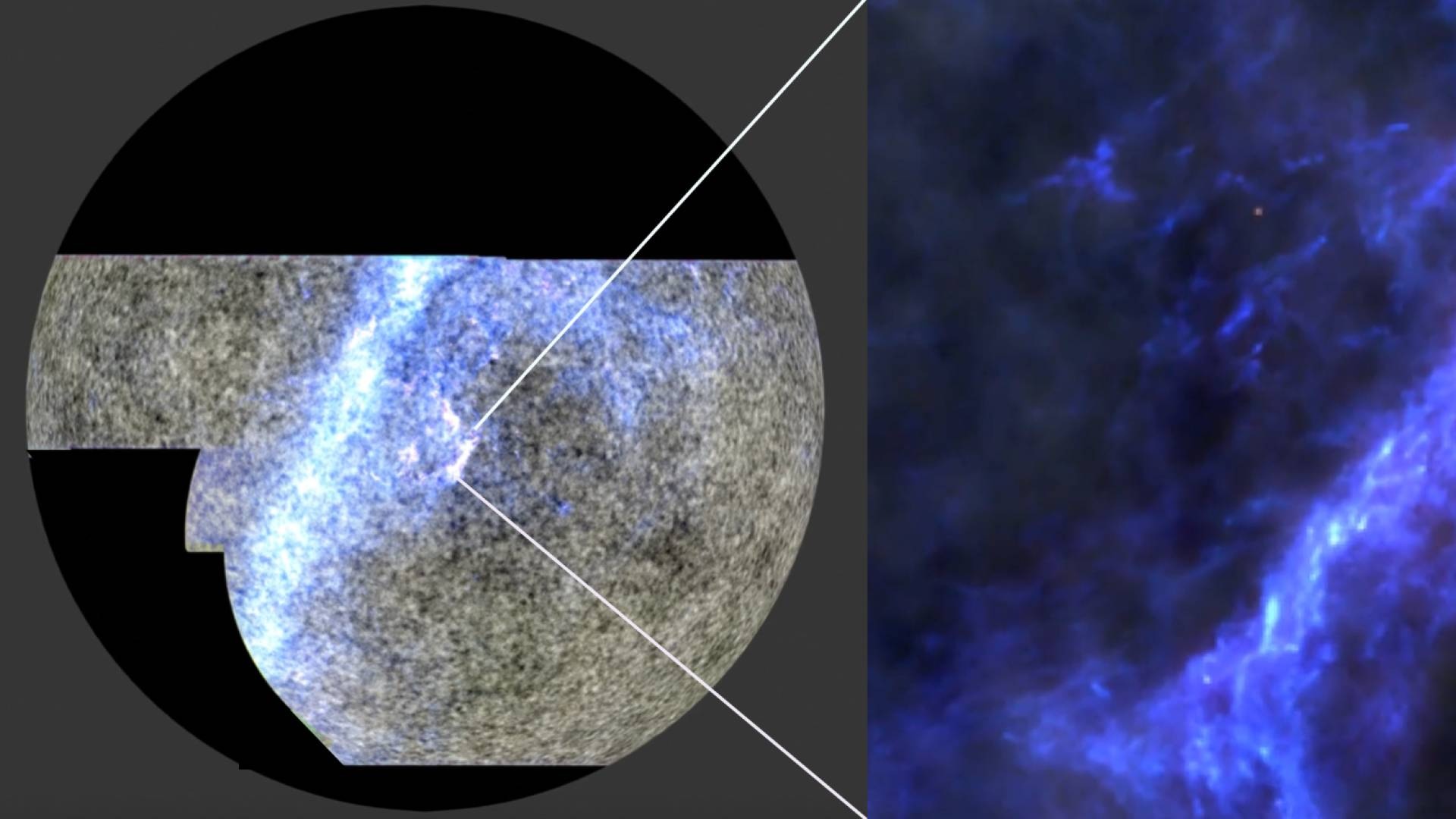Now Reading: New AI Outperforms Supercomputers in Weather Forecasting with Minimal Energy Use
-
01
New AI Outperforms Supercomputers in Weather Forecasting with Minimal Energy Use
New AI Outperforms Supercomputers in Weather Forecasting with Minimal Energy Use

Rapid Summary:
- Researchers have developed a new AI-driven weather prediction system called Aardvark Weather, which generates forecasts much faster and wiht less computing power compared to customary systems.
- The technology operates on raw data from satellites, weather stations, ships, and balloons without relying on complex atmospheric models typically used in traditional forecasting systems.
- Aardvark outperforms the U.S. Global Forecast System (GFS) in accuracy using only 8% of the observational data that conventional systems require.
- It’s spatial resolution is lower (1.5-degree grid scale compared to GFS’s 0.25-degree grid), limiting hyper-local predictions initially; though, higher-resolution regional data can enhance its capabilities over time.
- It offers potential applications beyond general weather forecasting, such as hurricane prediction, wildfire tracking, air quality monitoring, and renewable energy planning.
- A major advantage lies in its accessibility – moving forecasts from supercomputers to desktop computers democratizes access for regions with fewer resources or sparse data.
Indian Opinion Analysis:
The introduction of Aardvark Weather represents a significant leap in how global and localized weather predictions are made. For India specifically-a country deeply reliant on accurate weather forecasting for agriculture, disaster management during monsoons or cyclones, and effective planning for renewable energy-such technology could be transformative. By reducing dependency on costly infrastructure like supercomputers while maintaining competitive accuracy levels, it could enable regional meteorological services across diverse climatic zones within India.
Furthermore, India’s vast network of satellite capability under ISRO combined with ground-based sensors positions it well to integrate AI models like Aardvark into local frameworks efficiently. While initial concerns over resolution need addressing for crucial hyper-local scenarios such as urban flood mapping or landslide warnings in hill regions, the adaptability of this AI system suggests promising avenues when tailored datasets are introduced.
technologies like Aardvark align powerfully with India’s focus areas-climate resilience strategies under PM Gati Shakti initiatives-and would complement efforts toward achieving sustainable development goals through reliable environmental intelligence platforms.

























